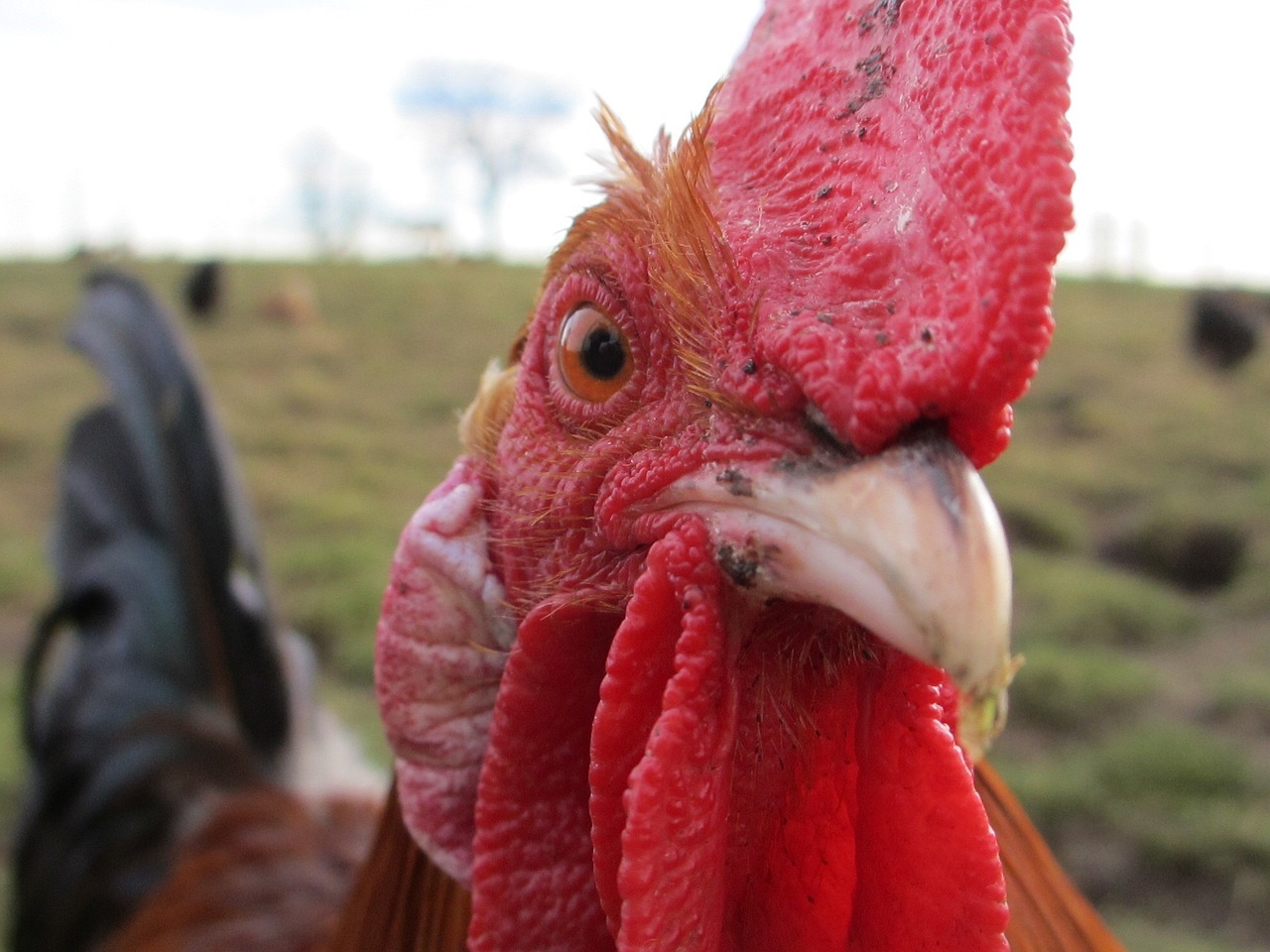Check out that rooster pic. Looks volatile to me. I had a rooster once..Larry. Super insecure, scrappy dude. Anyhow, that s a different type of volatile.
The definition of volatility is: “the tendency of a substance to evaporate,” so with regards to engine oil, we want to know how likely the oil is to evaporate at operating temperatures. So what’s up? Volatility requirements are a key part of engine oil specifications. There are three reasons why an increased focus has been placed on volatility in engine oils:
- Increased drain intervals – components with lower volatility will evaporate less than their higher volatile compadres. Higher volatility means lubricants will lose more of their volume to the atmosphere, contributing to air pollution
- Lighter viscosity oils are increasing in market share as a result of the push for increased efficiency
- Some of the volatile products in engine oil can damage the catalytic converter. That would be phosphorus.
Keep in mind there are a lot of very smart people trying to make products that help us (aka higher fuel economy cars) and help the environment. Keeping volatility in check is one of the many ways lubricant manufacturers are trying to make the world a better place.
